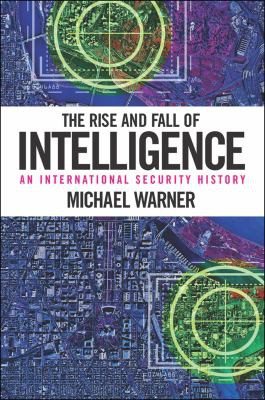406 pages
English language
Published April 9, 2014

406 pages
English language
Published April 9, 2014
A century ago, almost any state could be competitive at espionage. Fifty years ago, only the Cold War alliances clustered around the two superpowers could. Today, however, many states can do so once again, and private entities and even individuals can gather secrets and manipulate events around the globe. The skills and technology needed to "do" intelligence have diffused around the world and across societies; they can literally be purchased on-line. The problems caused by this spread of intelligence now reach beyond the security services to corporate offices and private homes. This book is a sweeping history of the development of professional, institutionalized intelligence as well as a look at the implications of fall of the state monopoly going forward. The book is oriented toward U.S. intelligence, but the early chapters address the birth of professional intelligence in Europe at the beginning of the twentieth century. Throughout, there is an …
A century ago, almost any state could be competitive at espionage. Fifty years ago, only the Cold War alliances clustered around the two superpowers could. Today, however, many states can do so once again, and private entities and even individuals can gather secrets and manipulate events around the globe. The skills and technology needed to "do" intelligence have diffused around the world and across societies; they can literally be purchased on-line. The problems caused by this spread of intelligence now reach beyond the security services to corporate offices and private homes. This book is a sweeping history of the development of professional, institutionalized intelligence as well as a look at the implications of fall of the state monopoly going forward. The book is oriented toward U.S. intelligence, but the early chapters address the birth of professional intelligence in Europe at the beginning of the twentieth century. Throughout, there is an emphasis on technological advancement as a driver of intelligence, both in terms of creating a need for intelligence and counterintelligence and in terms of improving its techniques.